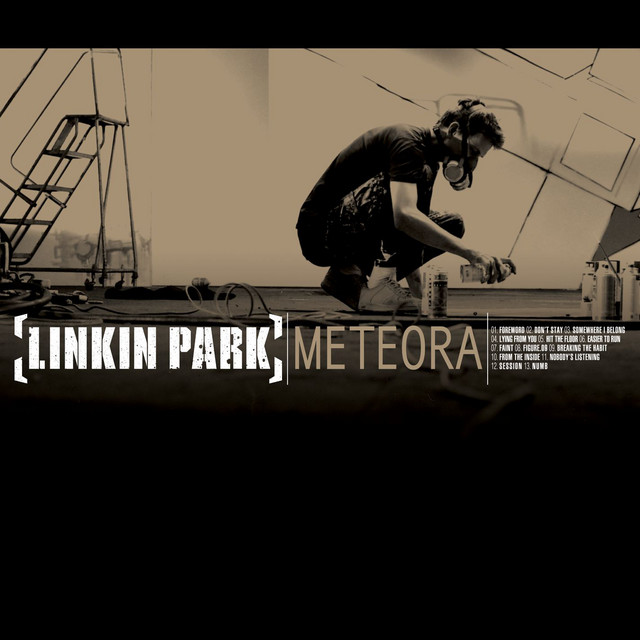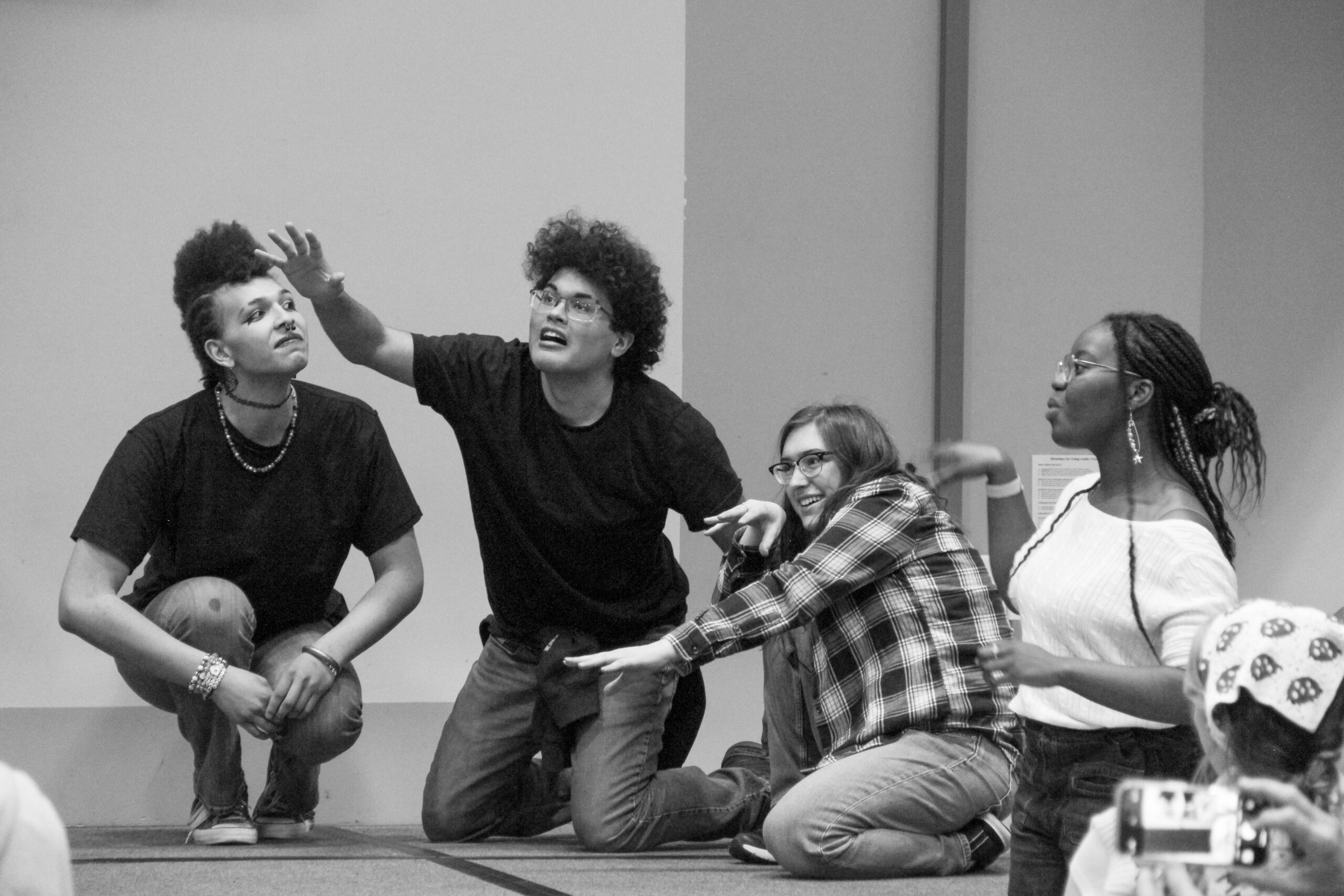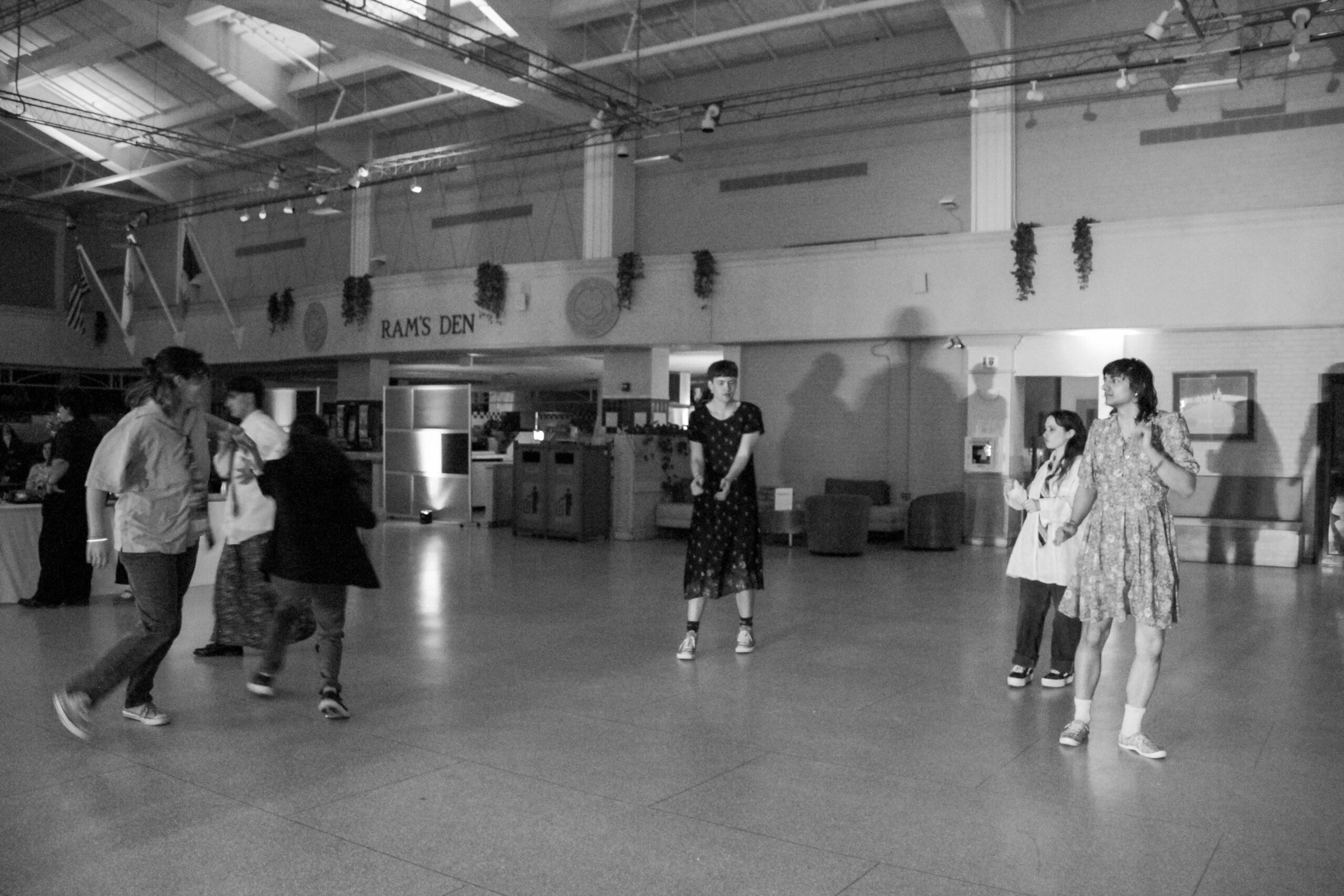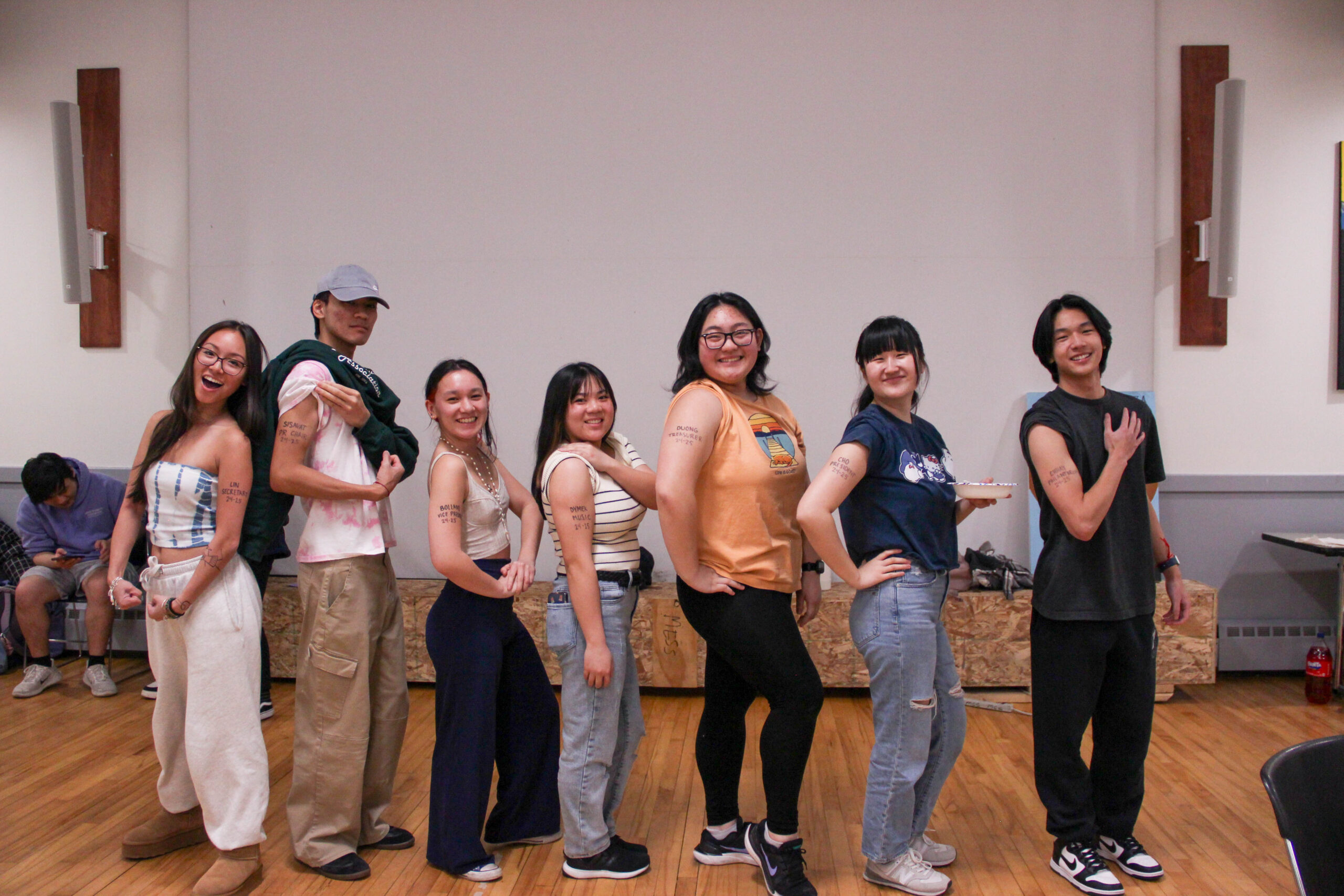The first Hollywood-produced Black film was released in 1898, and since then the media has struggled to grasp how to produce a Black film that does not perpetuate stereotypes, tokenize diverse characters and reduce the work of historic Black figures by placing them within the lens of a white narrative.
There is a huge difference between a white-directed and a Black-directed Black film. It is not uncommon to mistake films that may be, in theory, produced to “inform” but are written in a “white savior” narrative. The white savior narrative is a Black storyline that is dependent on a white person to (1) make things better and be the hero or (2) be the actual main character. Examples include “The Help,” “Hidden Figures,” “Green Book,” “The Greatest Showman” and “The Blind Side.” Not only are these stories told through a white narrative, and often with white leads, but they’re generally well-received in Hollywood in comparison to Black-directed Black films without this narrative. “The Help,” “Green Book” and “The Blind Side” were all awarded by the Academy, and continue to be celebrated.
For recommendations of films that not only feature Black creatives in front of and behind the camera, but accurately depict the narratives of the Black community throughout history and clear the spotlight for their voices, check out the list below:
1. “12 Years a Slave” (2013)
Black director Sir Steve McQueen’s “12 Years a Slave” retells the story of the 1853 memoir written by Solomon Northrup. The story follows Solomon, a free-born African American from New York, and his experience as a slave after he is kidnapped and sold into slavery for 12 years. Along with being “the best film of 2013,” according to media outlets and websites including NPR and Rotten Tomatoes, “12 Years a Slave” gives a raw, historically accurate view of the experiences of slaves in the mid-1800s and features stellar performances from Chiwetel Ejiofor and Lupita Nyong’o.
2. “Fruitvale Station” (2013)
“Fruitvale Station” tells a story based on true events and is the first feature film of director Ryan Coogler, who went on to direct the 2018 gamechanger “Black Panther.” The film, starring Michael B. Jordan, recounts the events leading up to the murder of Oscar Grant, a young, Black man who was killed by the police at the Fruitvale Rapid Transit Station in Oakland, California. It won the 2013 Grand Jury Prize and the Audience Award for U.S. dramatic film and also stars Octavia Spencer.
3. “The Butler” (2013)
Experience the life of Cecil Gaines, a fictional character based on Eugene Allen, a Black butler who worked in the White House through the presidencies of Eisenhower, Kennedy, Johnson, Nixon, Ford, Carter, Reagan, Bush, Clinton, Bush and Obama. Set throughout his decades working in the White House, the movie lets viewers experience Gaines’ reactions to social and political changes and movements as they occur. The Lee Daniels film features an all-star cast which includes Forest Whitaker, Oprah Winfrey, Mariah Carey, Jane Fonda, David Oyelowo, Cuba Gooding Jr. and more. It won two National Association for the Advancement of Colored People (NAACP) Image Awards.
4. “Judas and the Black Messiah” (2021)
Released Feb. 12, this Shaka King-directed film stars Daniel Kaluuya as Fred Hampton, chairman of the Illinois chapter of the Black Panther Party. The story follows the FBI’s attempt to infiltrate the Illinois chapter and eventually assassinate Hampton. “Judas and the Black Messiah” has already won an American Film Institute Award and National Board of Review’s Top 10 Films and is now streaming on HBO Max.
The above films provide viewers with an in-depth look into the experiences of the stories they depict. It is important to understand an accurate view of the Black experience starring Black actors and directed by Black filmmakers instead of being educated through the white lens.





